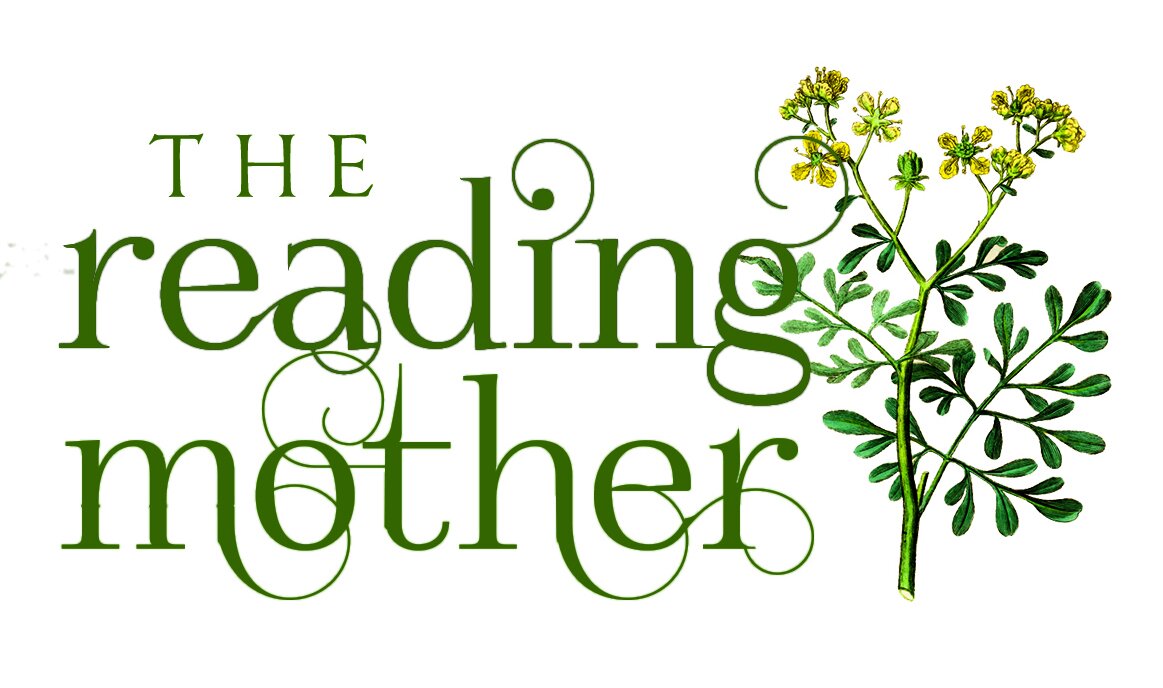Reading Poetry with Children
Master teacher Q—Sir Arthur Quiller-Couch, mentor to Lewis and Tolkien and Sayers, editor of the Oxford Book of English Verse—gives a very Charlotte Mason-like example of how to read a classic poem with a child.
Education Is Repentance
Our high school Humanities studies at Providence Prep are anchored by Dr. George Grant's unforgettable moral philosophy course. We are often reminded, and we have seen for ourselves, that education as a form of repentance.
Nature Walks - A Lifelong Joy of Possession
When my children were young, we enjoyed many a ramble around our yard and down our country lane, delighting in both the changes and the constants that we observed in the flora and fauna through the seasons. Over time, as I studied Charlotte Mason’s principles, I learned that those rambles had an official instructional name: nature walks.
Revisiting Miss Minnie's Method
Earlier this summer, my eighteen-year-old was reading Wendell Berry's A Distant Place as I was working nearby. He looked up, and said, "Listen, Mom, this describes you."
"Reading Maketh A Full Man"
When we read aloud to young children, we give them access to ideas they could not comprehend on their own and expose them to vocabulary and sentence structure way beyond their abilities to employ in their own writing.
Birdwatching: A Lifelong Joy of Possession
My grandmother was a passionate birdwatcher. Her daily routine included an afternoon cup of tea at the old clawfoot kitchen table next to the window where myriad birds chattered and preened in exchange for her care to provide their provision.
Poetry Study with Students
The ancient author Horace wrote an instruction manual for poets and playwrights entitled Ars Poetica (The Art of Poetry). In it he said, “Poets wish either to profit (instruct) or to delight.”
Morning Time Primer IV: History and Literature
As promised, here are a few nuts and bolts helps for planning your Morning Time reading. But, before I do that, I have to say something to those of you who have not started Morning Time with your family yet.
Are Charlotte Mason and Classical Education Incompatible?
Recently, there was a long thread on the a facebook group in my feed with folks on both sides weighing in on one of the eternal questions among home educators—Is Charlotte Mason classical?
Morning Time Primer III: Ages and Stages
As I look back at our Morning Times from the perspective of years, Tennyson’s brook comes to mind.
Morning Time Primer II: Making Time
Making time for Morning Time will probably require some re-imagining of what “doing school” should look like. If you are new to Morning Time, you will set yourself up for endless frustration if you try to simply add it on top of what you are currently doing—or what you think you should be doing.
Toward Scholé In Our Homes and Co-ops
I am certain that the daily delight and discipline of Morning Time—a.k.a Our Daily Feast—is the best pedagogical practice for bringing scholé to our homeschools Yet there is an even more important life practice which I believe is needed to bring scholé.
How Moms — Not Just Kids! — Benefit From Read-Alouds
I have the honor of being a guest today at Pam Barnhill's Blog, sharing some thoughts about the benefits of regular reading aloud to Mom. You'll also find some tips for building your own read-aloud skills.
Work With the Wiggle: Morning Time with Boys
I had the absolute pleasure of spending an hour talking with Pam Barnhill of Your Morning Basket about our family's experience with Morning Time over the years.
Morning Time Primer I: Our Daily Feast
From the earliest days of our homeschool (22 years ago!), we spent at least an hour—and sometimes far more!—each day reading aloud, thanks to the influence of folks like Susan Schaeffer-Macaulay and Sally Clarkson.
Simplifying Summer . . . And Beyond
"Boys In a Pasture," by Winslow Homer. Can you smell the grass? feel the heat? hear the bees buzzing? Do you remember the glorious freedom of a long summer of such days stretching out as far as the eyes could see?
Scriptorium - Commonplacing in Community
In the Art of Commonplacing, Part 3, I mentioned this new habit we are forming in our week.
The Art of Commonplace For Students, Part 3
Now that we have all of the why, what, and how of commonplacing covered, let's talk about when. I urge you to set apart specific time in your schedule for commonplacing. Put at least two commonplace sessions on your weekly calendar.
The Art of Commonplace For Students, Part 2
Now you have all of your commonplacing materials, and you are eager to get started. But wait! First, you need to take a moment to set up your commonplace book.
The Art of Commonplace For Students
This series of three posts is addressed to students—of all ages!— based on recommendations in Cottage Press Language Arts and the Commonplace Book Practices at Providence Prep.




















